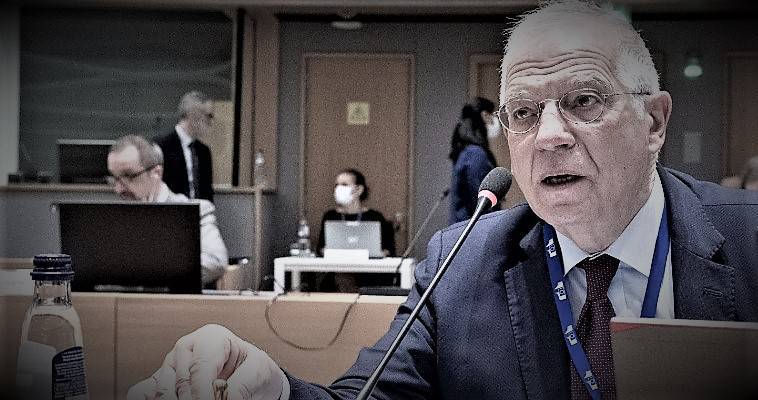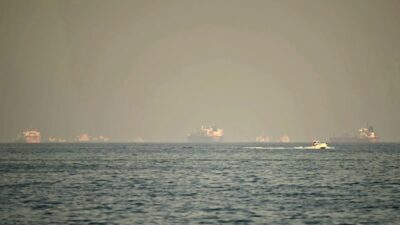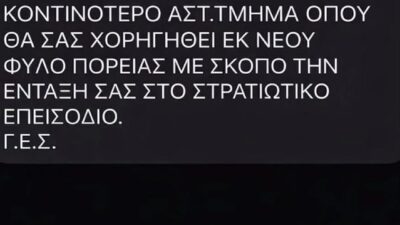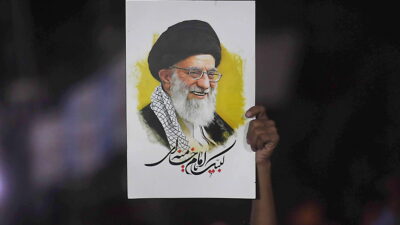Stavros Lygeros: REVEALED: With friends like these who needs enemies! – Minutes from the meeting of the EU Foreign Ministers
20/08/2020
There is almost no Member State that does not publicly express its verbal solidarity with the Republic of Cyprus and Greece, but “behind closed doors” the picture changes, and in a disappointing way for the two Member States that are suffering from Turkish aggressive/expansionist pressures. This is shown by the minutes of the EU Foreign Ministers’ meeting on 14 August.
What was said at the emergency EU Foreign Affairs Council (with the participation of foreign ministers) at a teleconference on 14 August shows that things are not going well at all. The Greek minister spoke first. He referred to the history of the crisis, stressing the risk of an accident due to the over-concentration of warships in the sea area where the Oruc Reis is sailing.
He even submitted photos and blueprints from the attempt of the Turkish frigate Kemal Reis to ram the Greek frigate “Lemnos”. The material caused a stir among his counterparts, but, as it turned out, had little effect on their stance in the Council, as each minister participated in the teleconference with a defined political line.
Greek Foreign Minister Dendias, having in mind the dissatisfaction of Berlin, said that the Greek-Egyptian agreement on the partial demarcation of the EEZ (west of the 28th meridian) is the result of bilateral negotiations that began about 15 years ago. He underlined, in fact, that the agreement was made on the basis of International Law, a fact that confirms once again that Greece always acts in accordance with International Law, being a model European country.
Germany on Turkey’s side
After the Greek minister, the German minister spoke, who tried to “force land” the Greek side. He described the announcement of the signing of the Greek-Egyptian agreement as a “frustrating experience” noting it took place “24 hours before the start of the talks between Greece and Turkey, which the German presidency had achiWith such partners you need no enemies! – Minutes from the meeting of the EU Foreign Miniseved”
He did not fail to speak of “full solidarity” with Greece and the Republic of Cyprus, but hastened to get “to the nitty-gritty”, demanding an end to “the vicious cycle of escalation and militarization”. At this point it is crucial to decipher the phrase of the head of German diplomacy Maas. As he has made clear, the term “escalation” refers to the actions of Turkey and the term “militarization” refers to the actions of Greece.
In this way Berlin essentially attempts to equate the perpetrator with the victim, holding both sides co-responsible for the tension. In other words, Greece’s attempt to prevent the violation of its potential (because the EEZ is not yet delimited) sovereign rights is equated with Turkish piracy.
This is neither an erroneous approach, nor simply superficial pro-Turkism. Equating the perpetrator and the victim at the political level is absolutely necessary for German diplomacy, because in this way it legitimizes and strengthens its policy to lead Greece and Turkey to full-fledged negotiations, as Ankara has always sought. Maas concluded that the situation in the Eastern Mediterranean was “extremely fragile” and that his country would try again to make this negotiation possible, which was canceled – as he said at the beginning of his speech – due to the responsibility of Athens.
France is on an anti-Turkish wavelength
The French Foreign Minister moved on a very different wavelength. He called for respect for international law by “photographing” Turkey. He added that French warships and aircraft had been sent to the Eastern Mediterranean for this purpose. He also clearly supported the issuance of a joint statement expressing solidarity with Greece and the Republic of Cyprus. As it is known, such an announcement was not issued in the end and that is why Dendias prevented the issuance of a statement on Belarus, as Germany and its satellites wanted.
And to leave no doubt about France’s intentions, Le Drian asked EU High Representative for Foreign Affairs and Security Policy Borel to prepare an option paper of sanctions against Turkey. The French side intends to discuss the option sanctions paper at the Informal Foreign Affairs Council (Gymnich-style) scheduled for August 25-27 in Berlin.
The Informal Council may not take final decisions (they are not even kept in the minutes), but it is extremely important what will be on the list of sanctions that will be sent to at the end of September to the Summit. The sanctions that will be contained must leave no room for evasion for the leaders, who want to torpedo the imposition of sanctions or impose some painless ones, as they did for the pirate Turkish drilling in the Cypriot EEZ.
Those in favor, those against, the intermediaries and the special role of Malta
It is worth noting that, as the interventions of other foreign ministers have shown, the EU is divided over the “Turkey” problem. Belgium, Luxembourg, Ireland, Romania, Estonia, Slovakia and Austria have sharply criticized Ankara, but it is unclear whether they will vote in favor of sanctions.
Sweden, Spain, Hungary, Poland and Finland moved in the opposite direction. The foreign ministers of these countries emphasized the geopolitical importance of Turkey for the EU, describing it as a large and powerful country, with which some way of cooperating must be found. In fact, they provocatively downplayed Ankara’s offensive actions.
Somewhere between the positions of the above two groups of Member States moved Italy, Portugal, the Netherlands, Lithuania, Bulgaria, the Czech Republic, and Croatia. They expressed their verbal solidarity with Greece and the Republic of Cyprus, but recommended dialogue as a solution instead of militarization! In essence, they made suggestions to Athens to negotiate the unilateral Turkish expansionist claims.
I left for the end small Malta, which, as it turned out, had taken on a special role. Malta’s minister directly suggested that “the disputed areas be declared neutral, without geological research or exploitation until an agreement is reached (Greece and Turkey)”. In fact, Malta has proposed the “graying” of any maritime area for which Turkey will make a claim, regardless of whether this claim is completely arbitrary.
Borrell’s anti-institutional role in the meeting of foreign ministers
The Greek minister demanded that the Council of Foreign Affairs (a common position of the EU foreign ministers) issue a public statement condemning Turkey’s illegal actions in the Eastern Mediterranean. In fact, in his attempt to extract a common position, Dendias avoided defining the form of this common position. His position was supported, as expected, by the Cypriot Foreign Minister, who directly demanded the imposition of sanctions on Turkey, stressing that otherwise Turkish aggression would be encouraged.
The Athens-Nicosia request was strongly rejected by Germany and Spain, arguing that it would remove the prospect of starting Greek-Turkish negotiations (which for obvious reasons they call a dialogue). That was the reason why Dendias prevented the issuance of a statement on Belarus.
High Representative Borell also joined Berlin and Madrid. He, in fact, exceeded his limits. He referred to the position of Dendias and Christodoulidis that the Turkish surveys in the Greek and Cypriot EEZ also offend the EU, to claim that what is required is not a show of solidarity with the affected Member States, but the de-escalation and negotiation of the EU institutions (that is, himself and the German presidency) with Turkey!
For this purpose – he claimed – “low tones and subtle manipulations are needed towards Ankara”. Greece and Cyprus, therefore, “must serve the effort of the EU institutions”, reducing military confrontation and tension. He concluded that he will issue his own announcement with emphasis on the format: solidarity, de-escalation and demilitarization, in order to make the Greek-Turkish dialogue possible!
In fact, Borell had the audacity to say to Greece and Cyprus that they should serve the interests of the EU (as of course defined by the German presidency and himself as an “obedient official”) and not their state interests! By that logic, if he and Berlin thought it would be in the EU’s interest for Greece and Cyprus to cede their sovereign rights to Turkey, they should! Borell’s outrageous attitude towards turning the two member states into “scapegoats” is in stark contrast to European treaties and should have been immediately denounced.





